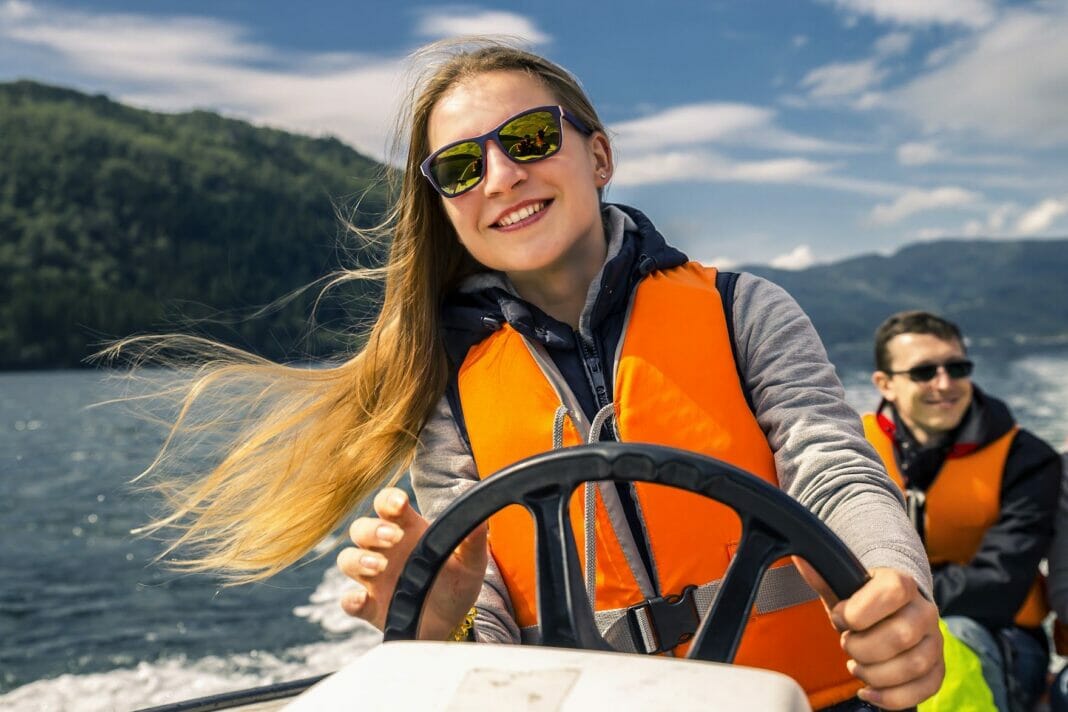Owning a boat is a novel experience, bringing endless adventures and the freedom to explore waterways at your leisure. Yet, it is essential to understand the responsibilities involved in owning a boat to ensure a safe and enjoyable time on the water. This article provides essential education for first-time boat owners, including initial considerations, proper maintenance, required licenses, and safe practices.
Initial Considerations
Before purchasing a boat, review these key factors to make an informed decision.
Types of Boats
There are numerous types of boats available, designed for particular activities and water types. Some popular types include bowriders (for water sports and leisure), pontoon boats (for low-speed cruising), and fishing boats (designed for various fishing types). Research the types of boats that best suit your lifestyle and activities before purchasing.
New or Used Boats
Consider whether to buy a new or used boat. New boats have the advantage of a manufacturer’s warranty and customizable options. However, they depreciate faster than used boats. Used boats are cheaper and may already have necessary equipment, saving on initial costs. Always perform a thorough inspection when buying a used boat, or consider hiring a marine surveyor to check for any problems.
Boat Size
Consider the size of the boat you need based on your planned activities, number of passengers, budget, and storage. A general rule of thumb is to start small and upgrade as necessary. Smaller boats are more affordable and easier to maneuver, while larger boats offer more space and amenities.
Boat Maintenance
Proper maintenance extends your boat’s lifespan and ensures your safety on the water.
Engine Maintenance
Regularly check and maintain your boat’s engine. Check oil levels before each trip, and change the oil according to your engine’s manual. Inspect fuel and air systems regularly, ensuring filters are clean.
Hull Maintenance
Inspect the hull for damage or signs of wear. Clean it regularly to remove marine growth, which can impact fuel efficiency and speed. Apply a coat of antifouling paint to prevent marine organisms from attaching to the hull.
Boat Storage
Storing your boat correctly is important to protect it from the elements when not in use. Invest in a quality boat cover to shield it from sunlight, rain, and dirt. If storing your boat on a trailer, ensure that it is well-supported and balanced to avoid structural stress.
Required Licenses and Permits
Educate yourself about the licenses and registration required to operate your boat legally.
Boating License
Most states require boaters to complete a boating safety course and obtain a boating license. The course covers essential rules and regulations, and it is a valuable resource even if not required in your state.
Boat Registration
All motorized boats must be registered in their state. Display your registration number and decals correctly, and keep up-to-date documentation on board as required.
Safe Boating Practices
Ensure the safety of everyone on board through safe boating practices.
Safety Equipment
Carry required and recommended safety equipment on your boat, including life jackets, fire extinguishers, distress signals, and a first-aid kit.
Staying Within Your Limits
Operate your boat within its capabilities and your skill level. Monitor weather and water conditions, avoid overloading your boat, and stay within designated speed limits.
Alcohol and Boating
Never operate a boat under the influence of alcohol. Boating under the influence is illegal and increases the risk of accidents.
Maintain a Safe, Clean Environment
Keep your boat clean and clutter-free to avoid tripping hazards. Dispose of waste responsibly to protect the environment.
Owning a boat is a rewarding experience, but it comes with responsibilities. By researching your options, properly maintaining your boat, obtaining the necessary licenses and permits, and practicing safe boating, you can ensure a lifetime of enjoyable adventures on the water. So cast off those lines and set sail into the world of boat ownership.


